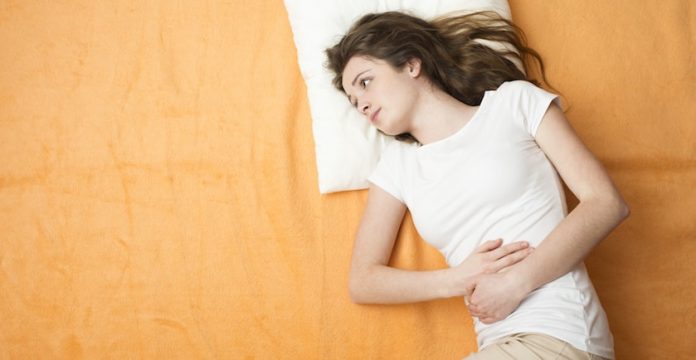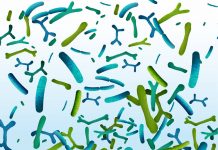
No one wants to talk about them, no one wants to think about them, and we certainly don’t want to be reminded that they’re inside all of us, but the truth is we all have parasites to some degree. The definition of a parasite is an organism that lives off or in another organism, obtaining nourishment and protection while offering no benefit in return. Human parasites are often harmful to the body and can cause illness and disease.
‘Where do we pick up these wonderful little friends,’ you ask? They can be found in the water we drink, the food we eat, and even in the air we breathe. We can pick them up as easily as walking barefoot in contaminated sand or dirt. We can also get them by eating undercooked meats or contaminated fruits and vegetables and by drinking unclean water. We get them from our pets (especially if they sleep in our bed), from insects such as mosquitoes (malaria), and we can even get them from contact with someone else who has them.
Read more about what's in the drinking supply
Our bodies can deal with most parasites, but when we have a weakened immune system, trouble can occur. There are many things such as stress, poor diet, antibiotics, and steroid drugs (such as asthma inhalers), that can cause a weakened immune system and leave a person vulnerable to a parasitic infestation.
Some common signs and symptoms of parasite infestation include: diarrhea or constipation, gas, bloating and abdominal cramps, Irritable Bowel Syndrome, fatigue, joint pain, teeth grinding, rectal itching, ravenous appetite or loss of appetite, allergies, skin problems, rashes or granulomas, immune dysfunction and sleep problems. One of these issues alone won’t necessarily point to parasites, but the more symptoms you have, the more likely your chances of a parasitic infestation.
Making sure you have a strong, healthy immune system is the best way to prevent parasites and disease. Beyond that, here are some simple steps you can take to reduce the risk of contracting parasites:
- Cook meats and fish well. Do not eat raw or uncooked meats or fish. If eating rare meat or sushi, make sure you take a digestive enzyme with hydrochloric acid. Hydrochloric acid in the stomach will destroy most parasites and parasitic eggs accidentally swallowed with food. I take it when I travel or when I go out to eat, because I never know who is preparing my meal and how hygienic the conditions are.
- Cover your food while barbequing or picnicing. Insects such as flies and wasps carry food poisoning bacteria on their legs and bodies, which contaminate food when they walk on it.
- Wash your fruits and vegetables carefully. Soak them in a solution of hydrogen peroxide for 15-20 minutes (1 teaspoon per gallon of water).
- Drink good quality, purified water. There are home systems you can buy that will filtrate water to a microscopic level.
- Wash your hands before eating and after going to the bathroom or changing diapers.
- Wash your hands when you handle pets and don’t let them sleep in your bed. If pets are infested with parasites, de-worm them and keep them outside.
- When in public, use your sleeves to open doors to avoid surface germs.
- Keep your house clean and vacuum regularly. The dust in your house can contain fecal material from dust mites and cockroaches, human skin, pet hair and dander, and soil particles.
- Make sure you wear shoes while walking on warm, moist soil and wear gloves while working in the garden. Parasites can be absorbed through skin cells.
- Avoid swallowing or drinking the water while swimming in rivers, lakes, ponds, or public swimming pools. Wear a waterproof bandage if you have cuts or open sores or avoid swimming altogether.
- Take probiotics daily. Probiotics are friendly bacteria that help to control the overgrowth of bad bacteria. Conversely, overuse of antibiotics will reduce the number of friendly bacteria in the colon which then allows for the proliferation of parasites.
Parasites are an inevitable part of life, but taking steps to reduce your exposure can diminish your chances of contracting them.
READ MORE: You Absolutely Need to Stop Wearing Shoes in Your House










